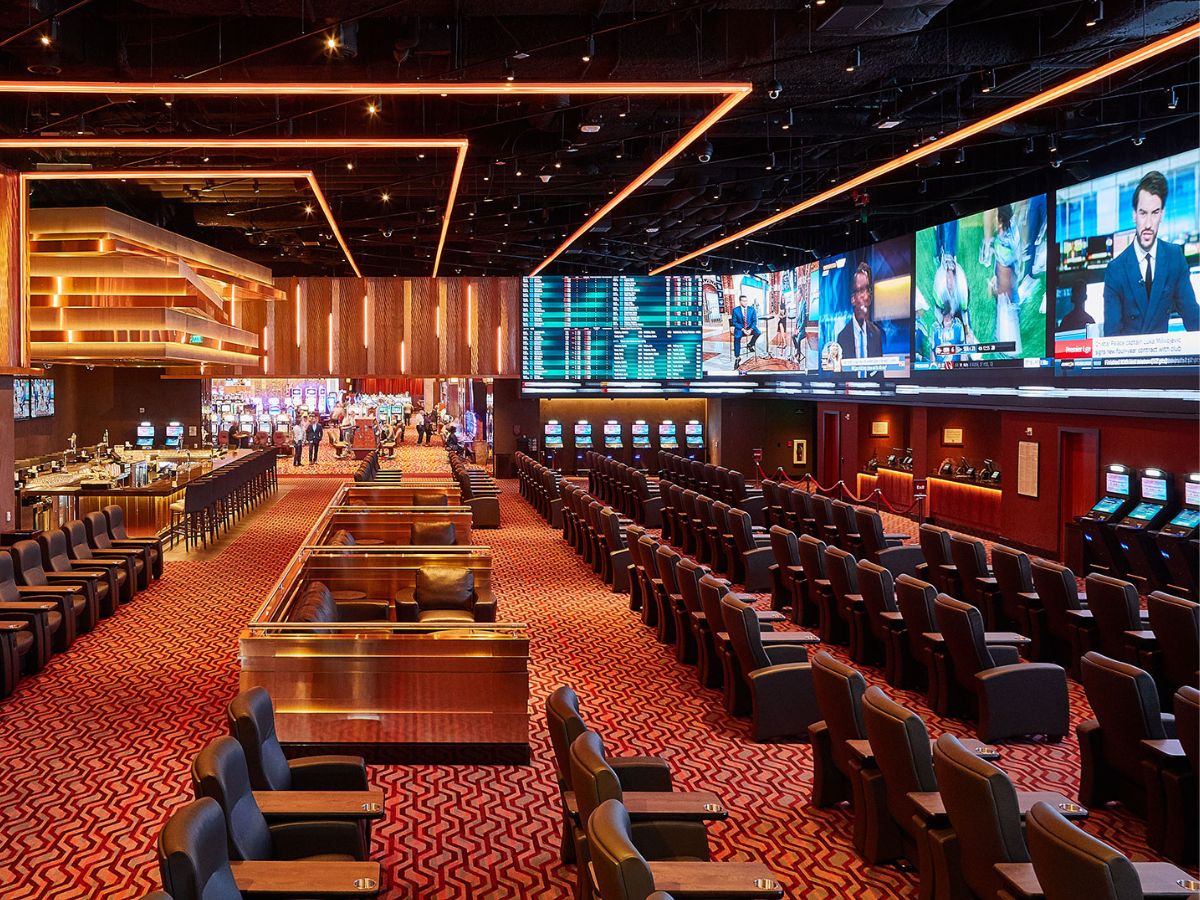Gambling in casinos has long been a subject of interest and controversy, drawing in millions of players around the world. With a mix of chance, skill, and the thrill of uncertainty, casino games offer an exciting escape from everyday life. However, as entertainment becomes ever more accessible, it calls for a more thorough examination of the ethical implications surrounding these games.
At the heart of the discussion lies the issue of whether casinos promote safe gambling or take advantage of at-risk individuals. The allure of potential winnings versus the reality of losses can create a challenging dynamic, and understanding this balance is essential for both players and operators. As we delve into the ethics of casino gaming, we will explore the responsibilities of casinos, the impact on society, and the steps that can be taken to foster a healthier gaming environment.

The Impact of Casino Gaming on Society
Gambling in casinos has a considerable influence on society, affecting not only the financial landscape but also interpersonal dynamics and community structures. The income generated from casinos can lead to employment opportunities and boost regional economies, as they provide multiple employment opportunities in multiple fields including hospitality, entertainment, and retail. However, while the financial benefits can be substantial, communities often grapple with the possible negative impacts that arise from higher gambling activity.
Additionally, the presence of casinos can lead to an increase in gambling addiction, presenting serious challenges for players and families. The excitement of casino games can quickly evolve into a compulsive habit, affecting personal relationships and leading to monetary issues. Many individuals may find it difficult with the loss of control over their gambling behaviors, resulting in a need for assistance programs and help to address this increasing issue. The social cost of addiction can ripple through families and neighborhoods, creating an urgent need for sensible gambling approaches.
In addition to the economic and social consequences, casino gaming often reflects cultural attitudes towards risk and entertainment. It can encourage a sense of joy and leisure, attracting tourists and boosting tourism. However, this allure may also conceal the wider implications of gambling as a form of entertainment, provoking ethical questions about its advertisement and availability. As communities weigh the advantages and drawbacks of casino gaming, the need for responsible practices and oversight becomes increasingly critical in ensuring that the positive aspects are maximized while reducing the potential harms.
Moral Concerns in Gambling Activities
The ethics of casino gaming often revolve around the potential for addiction and its consequences on people and households. Gambling can lead to serious financial distress, impacting not only the gamblers but also their families. As people become entrapped in the appeal of winning, many lose track of their budget, which can result in catastrophic outcomes such as insolvency. This raises ethical questions about the duty of casinos in fostering responsible gaming habits and providing support for those who may be struggling with betting addiction.
Another major concern is the advertising of betting to vulnerable populations. Casinos often aim at low-income people or neighborhoods with the promise of quick rewards, which can continue cycles of poverty and despair. In this situation, the ethics of advertising strategies used by gambling establishments come under scrutiny, as they may take advantage of the need of individuals seeking an escape from economic troubles. This manipulation raises moral questions about the integrity of the betting industry and its responsibility to protect its most vulnerable customers. cá cược thể thao tại mmlive
Additionally, the effect of casino operations on the community as a whole cannot be overlooked. mmlive While some argue that casinos create employment and stimulate local economies, others point to the social costs associated with dysfunctional gambling, increased criminal rates, and a strain on public resources. Balancing economic benefits with the risk for social harm presents a complex ethical dilemma for lawmakers and casino operators alike. The challenge lies in discovering a responsible approach that prioritizes the welfare of people and society while still permitting for the pleasure of gambling gaming.
Regulatory Structure and Duties
The oversight structure related to gaming games is developed to ensure justice, honesty, and player security. Various government entities and casino commissions create and implement regulations that dictate how casino operations work, the guidelines for activity creation, and the procedures for handling rewards. These regulations differ by jurisdiction but typically involve permit requirements for providers and stringent measures to stop cheating and dishonesty.
In furthermore to governing bodies, gaming establishments bear considerable responsibility in upholding ethical standards within their facilities. They must adopt safe gambling practices that promote gambler protection and consciousness, including offering self-exclusion options and offering information about the dangers associated with gambling. Operators are also obligated for training employees to spot signs of problem betting and understand the proper actions to support customers in trouble.
Moreover, openness in gaming operations is crucial for gaining and keeping public confidence. Casinos should provide clear details about the probabilities of activities, advertising opportunities, and any related dangers. By promoting an culture of integrity and trust, gambling establishments can help lessen the likelihood harmful impact of gambling while boosting the complete betting experience for all participants.